Entrepreneurs without borders
Entrepreneurs without borders
Introduction to new business development for young people from all over the world
This course is part of
Course description
Have you ever thought of starting your own business? Being a job creator instead of a job seeker? Would you like to gather the right people for improving life in your community? For developing and selling a new product or service?
This course is addressed to people from anywhere in the world, particularly to students and young graduates who want to learn about new business development and to see if this is something for them. We welcome people from “developing countries”, as well as from industrialized economies.
The course gathers 8 leading experts from Polimi and UNCTAD to let the participants:
- Learn why and how new business enterprises are the motor of innovation and development
- Understand how to behave as an entrepreneur
- Understand why and how living in a country with limited resources, or being a young person or a woman is not at odds with new business development
- Learn how new enterprises can grow by entering international markets and joining global value chains
- Learn about new business models that deal with emerging societal challenges
- Understand the way forward, getting acknowledgeable about next steps to make entrepreneurship a profession, including the enrollment in more advanced entrepreneurship and social business curricula (e.g. PoliMi ones) or in business incubators
Each week of this course:
- opens by asking thought provoking questions on entrepreneurship and business development in developing countries
- addresses the issue offering keywords, plain definitions, a few conceptual arguments supported by figures and graphs, successful examples of entrepreneurial activities in harsh contexts
- concludes by summarizing main lessons learnt and bridging the student toward quizzes, the discussion forum, and materials and videos that help attendants getting familiar with the building blocks of business development and great entrepreneurial experiences.
The course is the main dissemination deliverable of the Polisocial Award project “Young and Sustainable Entrepreneurship in Egypt”.
The program hosts short video interviews with testimonies, i.e. young entrepreneurs in developing countries, and the experts of entrepreneurship, social innovation, business growth also in developing countries (Emanuela Colombo, Rector’s Delegate to Cooperation and Development, Politecnico di Milano; Massimo Colombo, Full professor of Innovation, Entrepreneurship & Entrepreneurial finance, Politecnico di Milano; Ayman Ismail, Assistant professor of Entrepreneurship and Venture Lab Director, American University in Cairo, AUC Venture Lab; Jennifer Klein, Entrepreneurship section, UNCTAD; Tatiana Krylova, Head of the Enterprise Branch, Division on Investments and Enterprise, UNCTAD; Stefano Mizio, Head of Startup Mentoring, PoliHub Startup District & Incubator; Andrea Sianesi - Dean of MIP, Politecnico di Milano Graduate School of Business).
Total workload of the course: 20/25
This MOOC is provided by Politecnico di Milano.
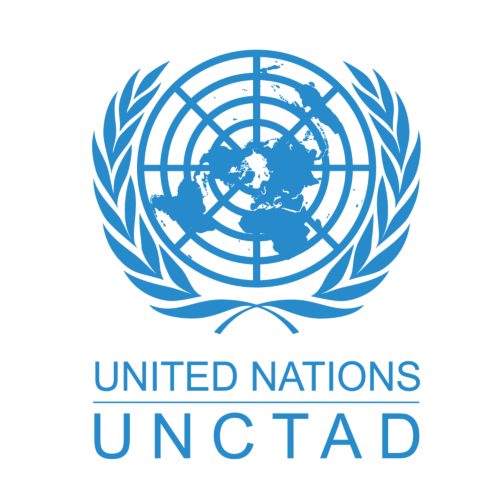

In collaboration with Associazione Gianluca Spina.
Intended Learning Outcomes
By actively participating in this MOOC, you will achieve different intended learning outcomes (ILOs).
- Learn why and how new business enterprises are the engine of innovation and development.
- Understand how to behave as an entrepreneur.
- Understand why and how living in a country with limited resources, or being a young person or a woman, is not at odds with new business development.
- Learn how new enterprises can grow by entering international markets and joining global value chains.
- Learn about new business models that address emerging societal challenges.
- Understand the way forward, becoming knowledgeable about the next steps to make entrepreneurship a profession, including enrollment in more advanced entrepreneurship and social business curricula (e.g., PoliMi programs) or in business incubators.
In broad terms, the participant will develop the learning outcomes in the areas of:
knowledge business, administration and law business and administration business and administration not elsewhere classified
Prerequisites
No formal requirements, but the course is recommended to people enrolled in or recently graduated from higher education programmes. Mathematical formulas or highly abstract arguments are not used.
Activities
Over and above consulting the content, in the form of videos and other web-based resources, you will have the opportunity to discuss course topics and to share ideas with your peers in the Forum of this MOOC.
Section outline
-
-
-
In Week 1, Boris Mrkajic will explain what entrepreneurship is. He will illustrate the resources and processes necessary to develop a new business, and will highlight the connections between entrepreneurship, innovation and development.
-
In Week 2 Fiorina Mugione and Alejandro Rubias will explain how to behave as an entrepreneur: you will understand why and how living in a country with limited resources, or being a young person or a woman is not at odds with new business development.
-
In Week 3, you will meet Lucia Piscitello, Fulvia Farinelli and Lorenzo Tosini, and will learn how new enterprises can grow by entering international markets and joining global value chains.
-
In Week 4, with Mario Calderini and Fulvia Farinelli, is devoted to new business models that deal with emerging societal challenges.
-
In Week 5, with Fiorina Mugione, Fulvia Farinelli and Lorenzo Tosini you will tackle three emerging types of startups, i.e. creative, women or green entrepreneurship. You will also meet experts from business incubators or advanced entrepreneurship and social business programs to understand the next steps to make entrepreneurship a profession.
-
-
Assessment
The final grade for the course is based on your results from the graded quizzes. You will successfully complete the course if you reach 60% (or more) of the total score. The maximum score possible for each quiz is given at the top of the quiz. You have an unlimited number of attempts at each quiz, but you must wait 15 minutes before you can try again. You can see your score in the quiz on your last attempt or on the 'Grades' page.
There will be 5 weekly quizzes and 1 final quiz.
Each weekly quiz contains 10 multiple-choice questions and contributes 80% to your final grade.
The final quiz contains 15 multiple-choice questions and contributes 20% to your final grade.
Certificate
You can achieve a certificate in the form of an Open Badge for this course if you obtain at least 60% of the total score in the graded quizzes and complete the final survey.
Once you have completed the required tasks, you will be able to access ‘Get the Open Badge’ and start issuing the badge. Instructions on how to access the badge will be sent to your e-mail address.
The Badge does not confer any academic credit, grade or degree.
Information about fees and access to materials
You can access the course absolutely free of charge and completely online.
Course faculty
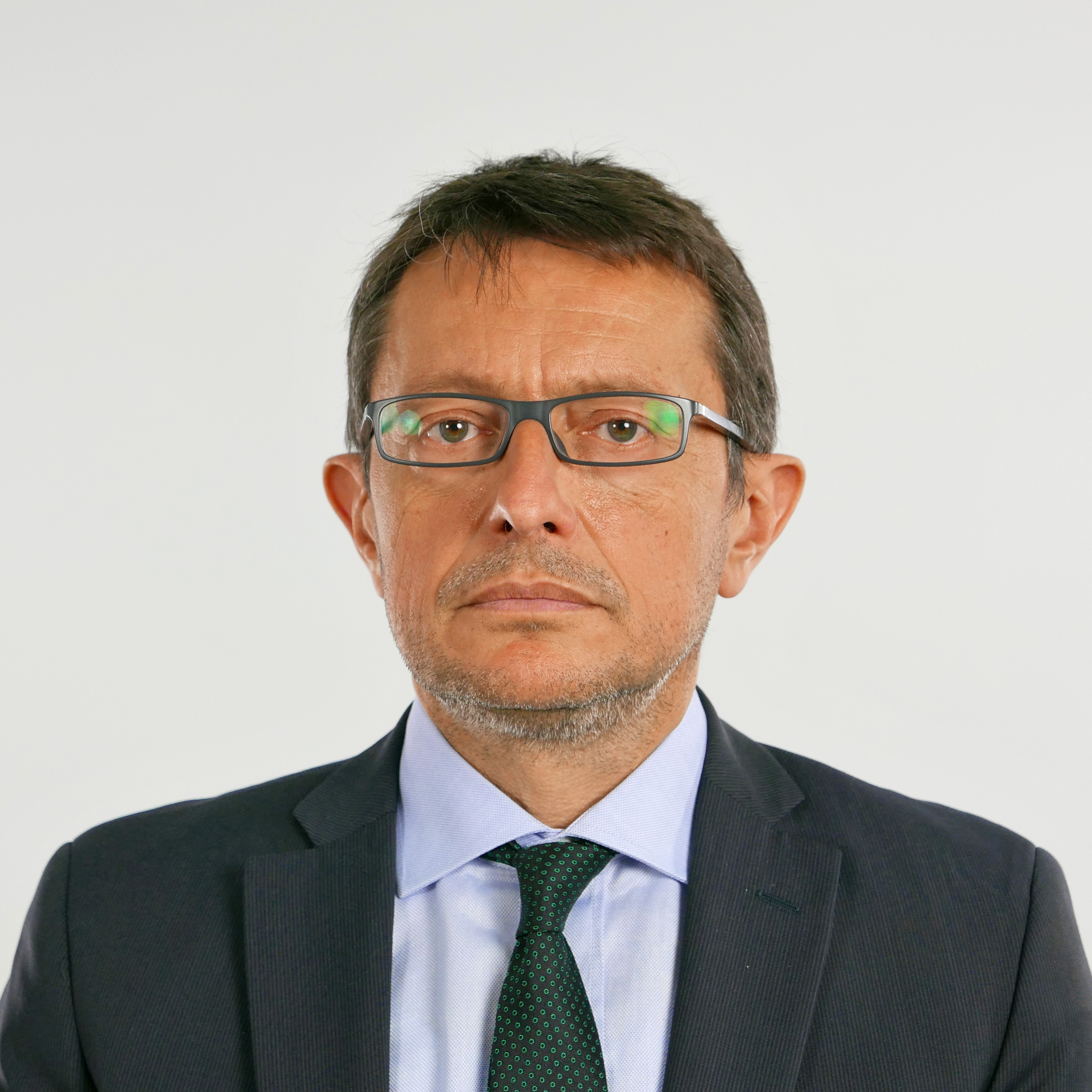
Mario Calderini, Politecnico di Milano, School of Management
Mario Calderini has graduated in Mechanical Engineering at Politecnico di Torino and has completed a PhD in Economics at University of Manchester. He is Full Professor at Politecnico di Milano - School of Management in the subject Management and Economics. He is deputy director of Alta Scuola Politecnica, and has been Full Professor and Researcher at Politecnico di Torino. He is counselor of the Minister of Education, University and Research. He has been member of G8 Task Force for Social Impact Finance, member of Jury in the European Commission Social Innovation Competition.
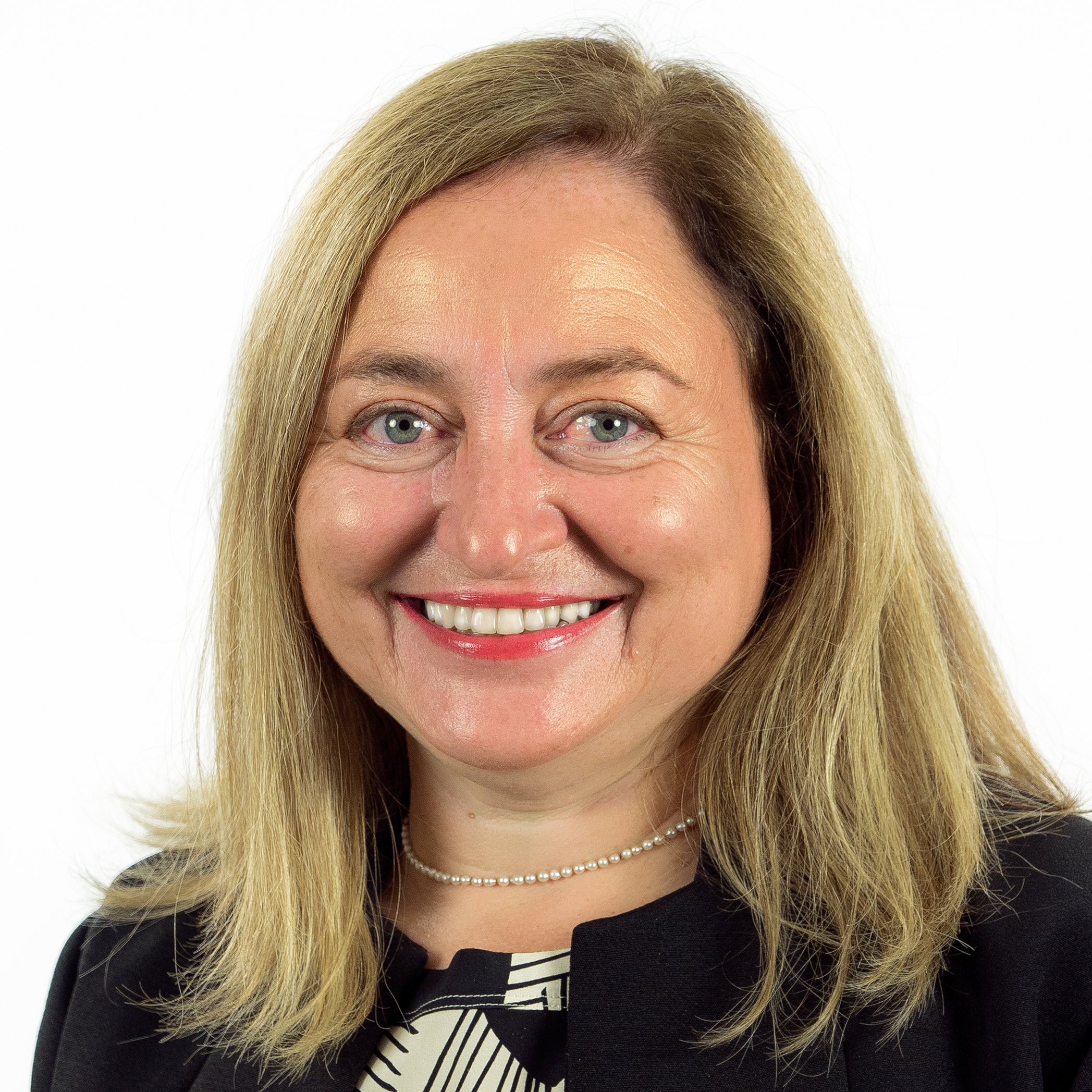
Fulvia Farinelli, UNCTAD
Fulvia Farinelli works at UNCTAD since 1998. Her academic background focuses on issues related to entrepreneurship and SME development, including innovation, business linkages and global value chains. She holds a PhD on Economic and Policy Studies on Innovation and Technical Change from Maastricht University, the Netherlands.
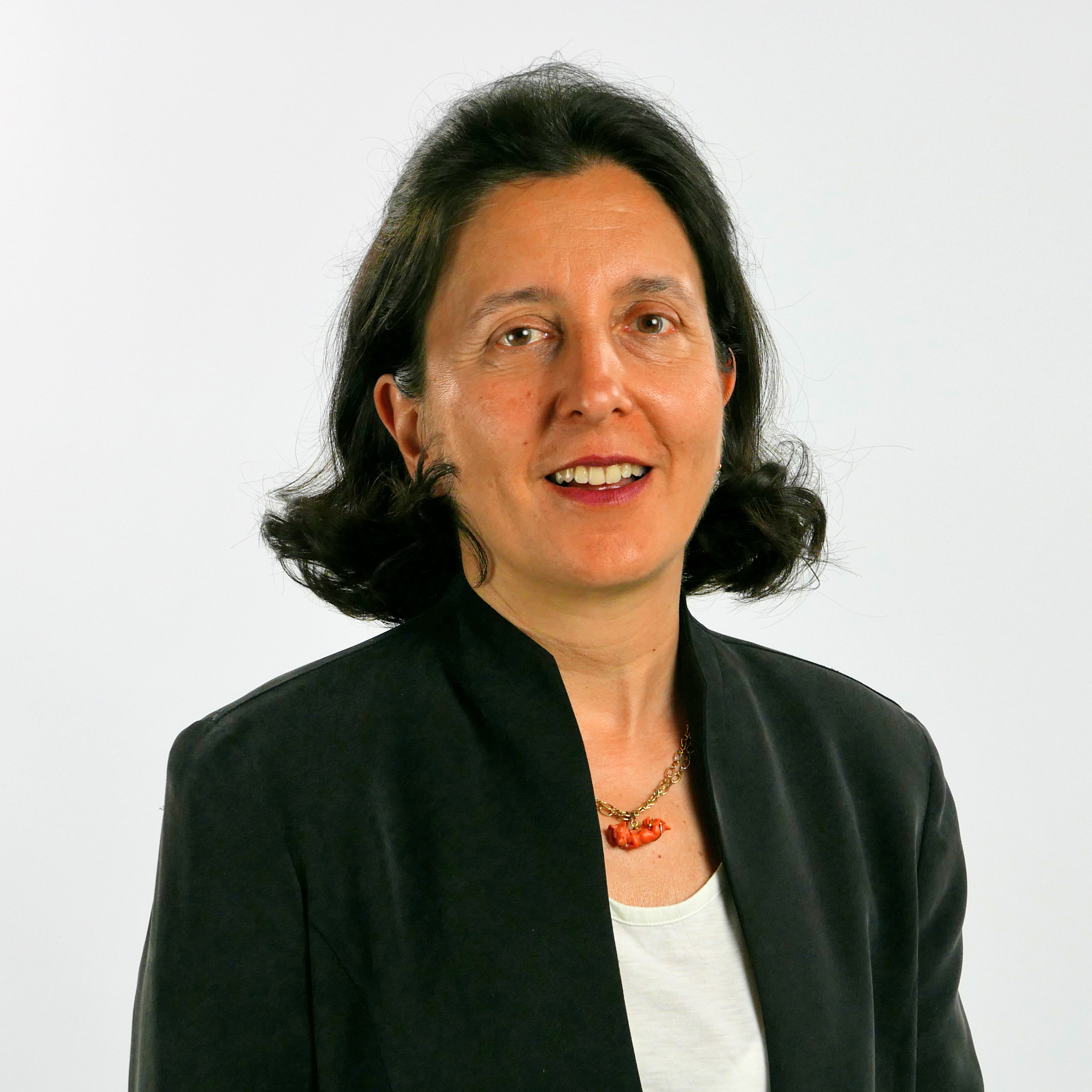
Paola Garrone, Politecnico di Milano, School of Management
Paola Garrone is Professor of Business and Industrial Economics at Politecnico di Milano. Her research interests include utilities economics and policy, and technological change in regulated industries. She has coordinated several national and international research contracts and grants in these fields. Recently, she has been working on the issues of surplus food redistribution, water innovation and infrastructure investments in developing countries.

Boris Mrkajic, Politecnico di Milano, School of Management
Boris Mrkajic is a postdoctoral fellow at the School of Management of Politecnico di Milano. His research interests revolve around applied innovation and entrepreneurship. In particular, Boris studies human capital of new technology-based business ventures, as well as support systems of sustainable entrepreneurial ecosystem such as Venture Capital and Business Accelerators. He teaches Business and Industrial Economics course at the master’s level (Politecnico di Milano).
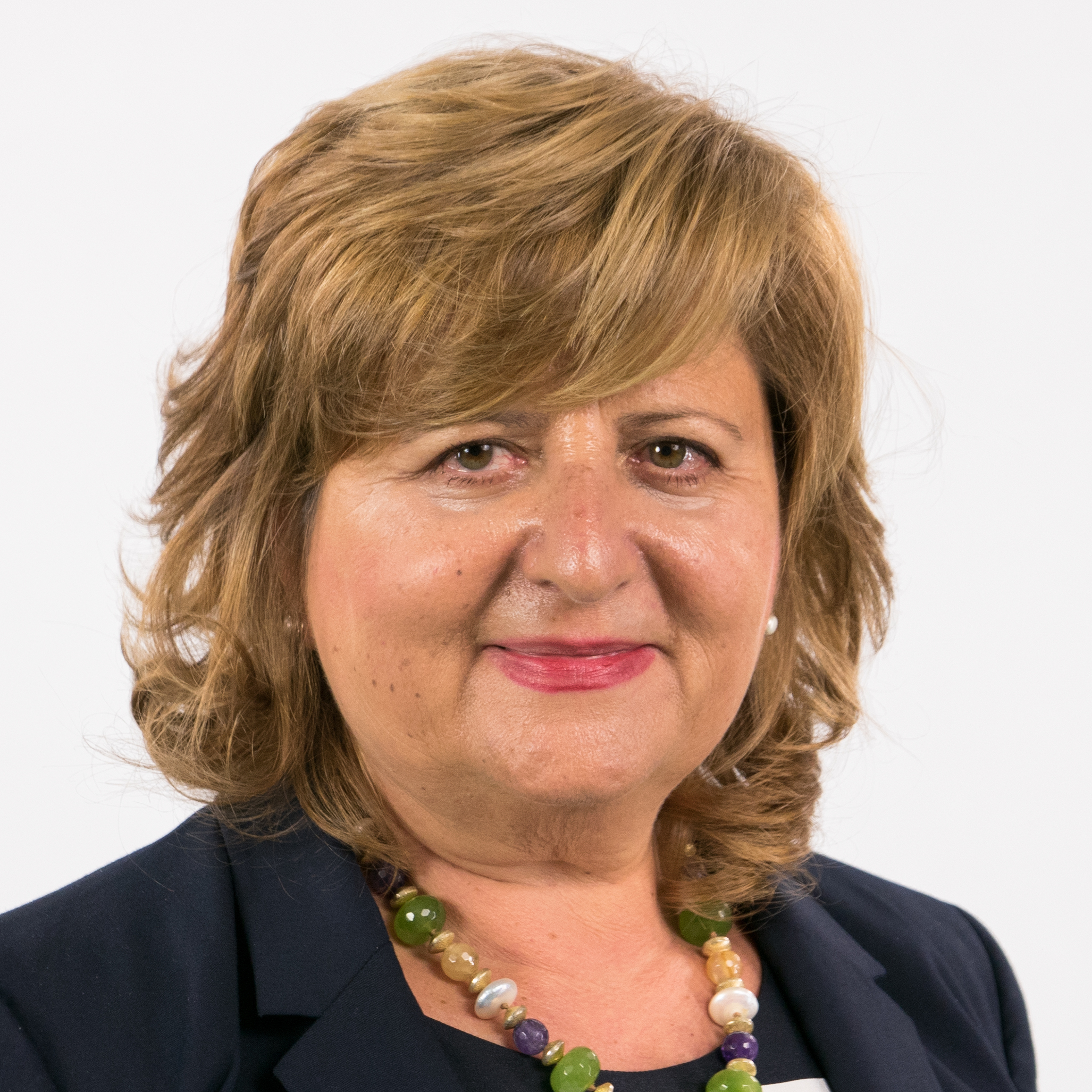
Fiorina Mugione, UNCTAD
Fiorina Mugione is an Economist with more than twenty years’ experience in international organizations, working primarily in the areas of research and analysis in enterprise, investment and development issues at ESCAP, OECD and UNCTAD. She leads the Entrepreneurship Programme at UNCTAD’s Division on Investment and Enterprise. The programme aims to strengthen the supply capacity of small and medium enterprises through entrepreneurship and business linkages development. She also coordinates the EMPRETEC programme in 37 countries around the world.
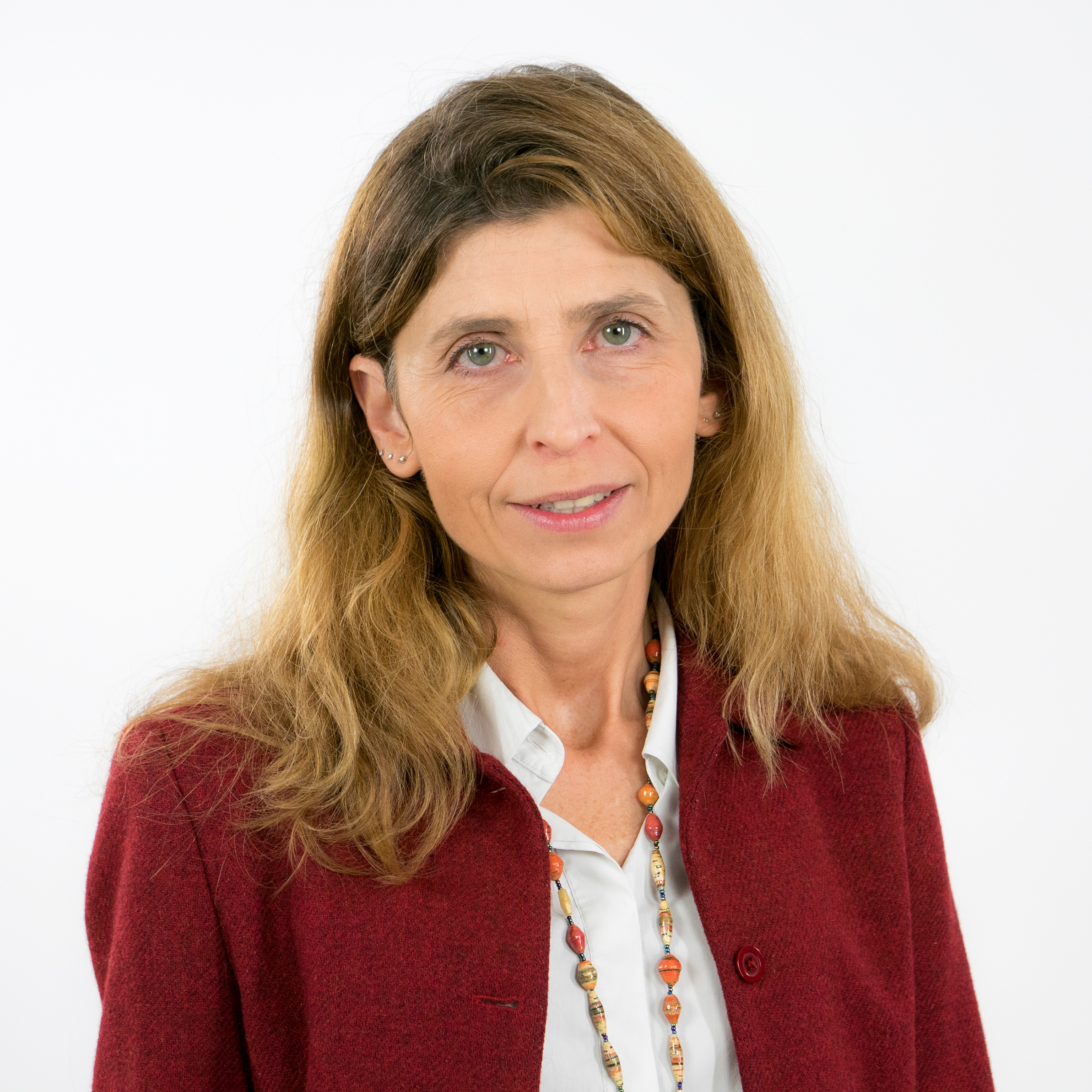
Lucia Piscitello, Politecnico di Milano, School of Management
Lucia Piscitello is Professor of International Business, and Development Economics at Politecnico di Milano. Her research interests cover the economics and management of MNEs, the international aspects of technological change, the geography of innovation. Her recent studies focus on agglomeration and MNEs’ location strategies, globalization of R&D and technology development in the global network of MNEs, offshoring and global sourcing, MNEs in and from emerging countries. She has published her work in many international journals and books, and she serves on the editorial review boards of several journals.

Alejandro Rubias Hernardez, UNCTAD
Alejandro Rubias-Hernandez is an Economic Affairs officer in the Division on Investment and Enterprise of UNCTAD, where he works to support developing countries and economies in transition in the design of initiatives to promote entrepreneurship. He also provides technical assistance to training centres across the globe that have adopted UNCTAD’s EMPRETEC entrepreneurship program. He is specialized in youth entrepreneurship, and is the project leader for French-speaking countries.

Lorenzo Tosini, UNCTAD
Lorenzo Tosini is a Programme Officer in the Division on Investment and Enterprise of UNCTAD, where he works to support developing countries and economies in transition in the implementation of technical assistance projects to promote entrepreneurship and SME development. He is in charge of Empretec and Business Linkages UNCTAD’s technical assistance programmes in Africa and is coordinating the global network of Empretec centres. He is also working on the standardization of training materials.
Contact details
If you have any enquiries about the course or if you need technical assistance please contact pok@polimi.it. For further information, see FAQ page.
